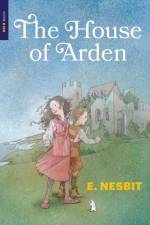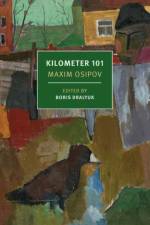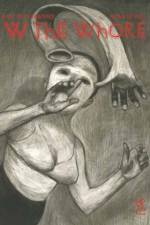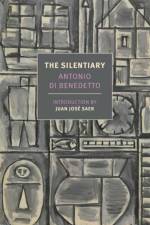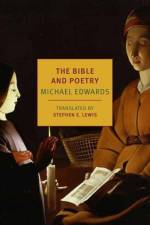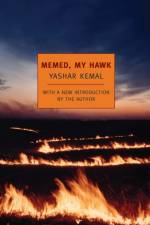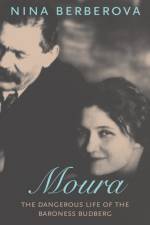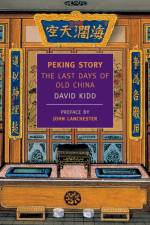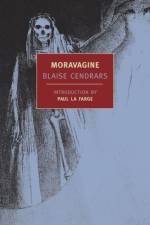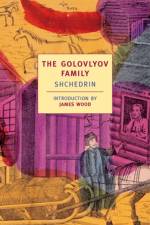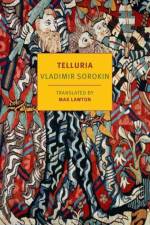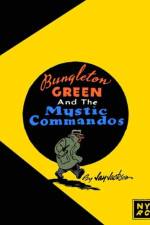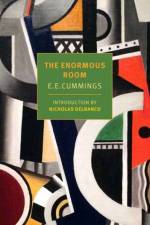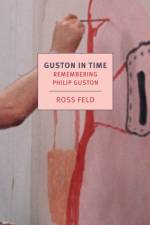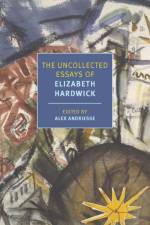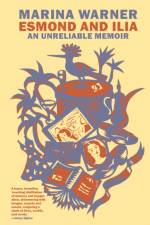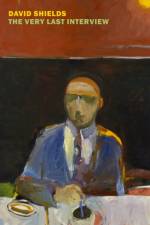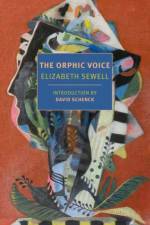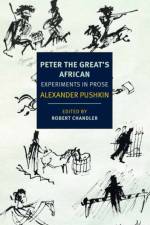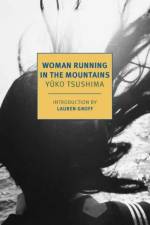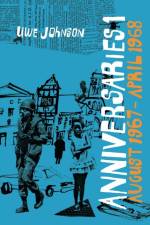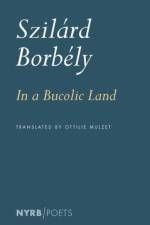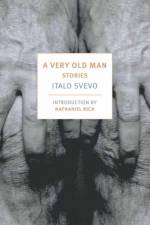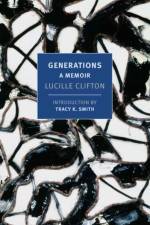av Ross Feld
219
In this warm and vibrant work of memoir and criticism, a young writer forges a friendship with Philip Guston, one of the most influential and controversial painters of the twentieth century and the subject of Philip Guston Now, a much-discussed retrospective upcoming in several major museums.The late paintings of Philip Guston have had a profound influence on painters today; only the altogether different work of Andy Warhol can be said to have had a comparable impact. As time has passed and Guston's star has risen, it has been forgotten how scandalous and crude these paintings, with their cartoonish imagery and curiously faltering application of paint, were initially deemed to be. The 1970 show at the Marlborough Gallery in which Guston, abandoning the delicate abstract expressionist style for which he was known, revealed his new style was critically savaged and even led to a rift between Guston and his best friend, the composer Morton Feldman, that was never fully mended. In the aftermath of this drubbing, Guston retreated to his studio in Woodstock, New York-in part to nurse his wounds, but more importantly, to go on painting exactly as he saw fit. Ross Feld, a young poet, novelist, and critic, was one of the few reviewers of Guston's show to write favorably about it. Guston responded with a grateful note-"I felt . . . as if we knew each other and had many discussions about painting and literature. In a word-I felt recognition"-and a new friendship was soon born. Feld became an inveterate visitor to the painter's studio-the two would sit up late at night hashing over what Guston had or hadn't achieved-and an inspiration to his work. Guston in Time, written not long before Feld's early death from cancer, is a portrait of Guston the man, of his wife Musa, a major figure not only in the artist's life but in his work, and a reckoning with his supremely individual achievement as an artist. Feld's slim and resonant book is a work of art in its own right. A retrospective of Guston's work, Philip Guston Now, will be on view at the Museum of Fine Arts Boston from May 1-Sept. 11, 2022; at the Museum of Fine Arts Houston from Oct. 23, 2022 to Jan. 15, 2023; at the National Gallery of Art, DC, from Feb. 26-Aug. 27, 2023; and at the Tate Modern, London, from Oct. 3, 2023 to February 4, 2024.

